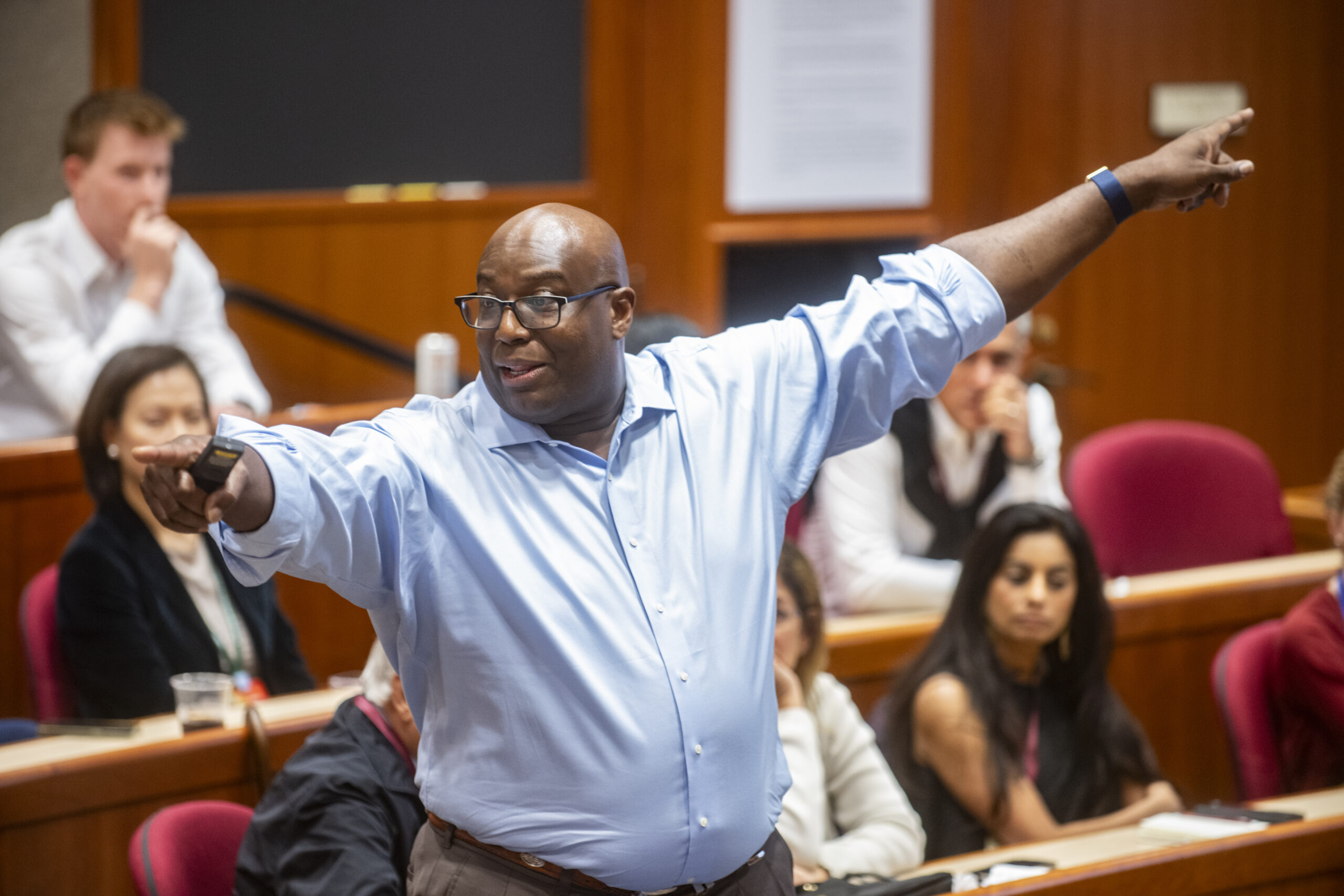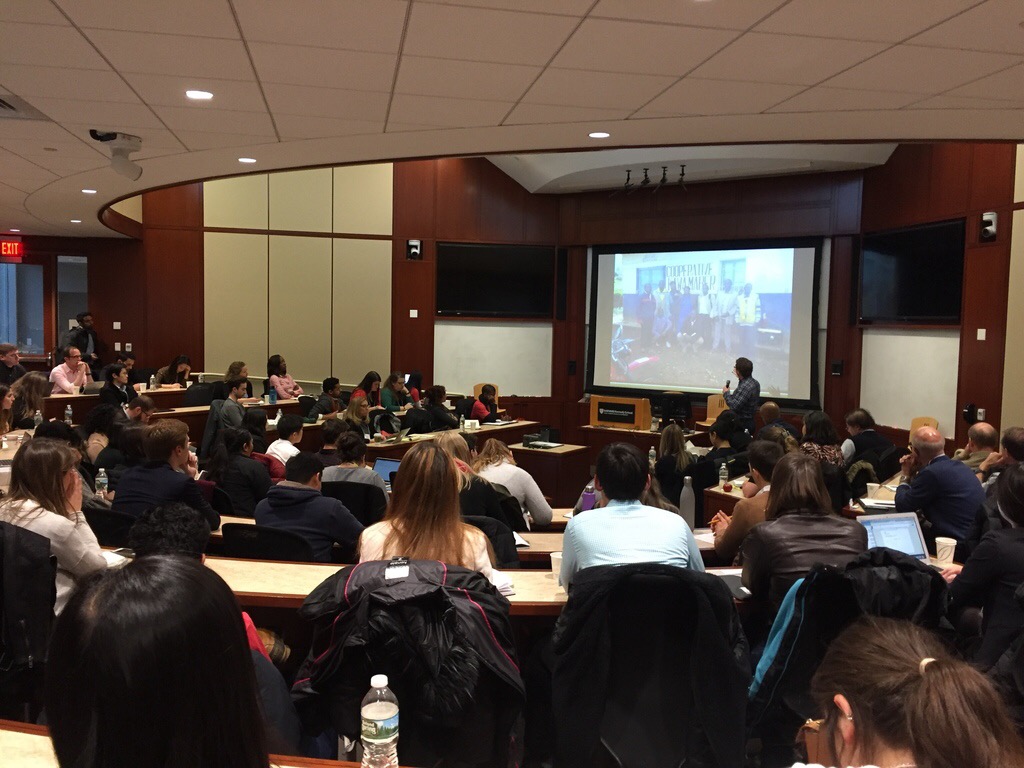

Last month, roughly one thousand people came to campus to participate in the 18th annual Social Enterprise Conference (SECON). Attendees included over 800 students and social enterprise practitioners, 150 field-leading speakers, and 100 volunteers representing a range of interest areas and sectors and hailing from 37 US states and 16 countries.
This year’s conference was focused on the theme “What’s the Bottom Line,” focused on social enterprises’ own triple-bottom lines – aspiring to financial, social, and environmental returns – and aiming to get to the core of some of the space’s most complex issues. Over the course of the two-day conference, attendees participated in more than 50 events, including panels, interactive workshops, and networking opportunities.
While the conversations were wide-ranging, a few themes emerged as particularly prominent in this year’s conversations:
Opportunities and challenge of scale:
Throughout the weekend, scale was a hot topic. Early-stage organizations and funders alike shared reflections on scaling up promising models and thought leaders shared ideas about mechanisms to drive scaling, including a customer-centric approach and systems entrepreneurship. These conversations all related to questions about how organizations can drive transformative and sustained change across systems.
Michael Brown, co-founders of City Year, a national education-focused nonprofit organization that mobilizes idealistic young people for a year of service in high-need schools and promotes the concept of voluntary national service as means of building a stronger democracy, highlighted the importance of scale in his keynote remarks. He talked about how a meeting with Bill Clinton before he ran for President provided City Year, then a startup nonprofit, the chance to pitch a policy solution to scaling the idea of national service. Because of City Year’s bold vision and willingness to think about paths to scale that involve the public sector, AmeriCorps was created, drawing from City Year’s pioneering example.
Capitalism can be reimagined:
From several different vantage points, speakers spoke about ways in which traditional market capitalism models may be falling short of the challenges of the 21st century (from climate change to automation to inequality) and shared ideas for how to reimagine the system. Andrew Kassoy, co-founder of B Lab, shared his vision for a world where all companies would compete to be the best for the world and talked about the work B Lab is doing to create standards and certifications and to promote the ideals of responsible business. Investors with wide-ranging models shared how they use financial tools and investing approaches to pursue social value not traditionally considered, including double bottom line funds, public equity portfolios, pay-for-success projects, and many others. Representatives from the Boston Ujima Project talked about how a community-based approach that anchors in democratic engagement could help compensate for structural inequities in terms of access to capital and economic opportunity.
Equity is the bottom line:
Final keynote speaker, Brittany Packnett, vice president of national community alliances for Teach for America and co-founder of Campaign Zero, a comprehensive policy proposal to reduce police violence in the US based on community and activist input, research, and rigorous data, shared her perspective on SECON’s theme this year. In her opinion, equity is “the bottom line”. She talked about how failing to pay attention to the pervasive influence of structural racism can make even well-intentioned social enterprises perpetrators of the same inequities they hope to tackle. Her example of how the exclusion of black women from the early women’s suffrage movement has led to persistent cleavages in the modern feminist movement, was a searing reminder of how important it is to keep equity front of mind.